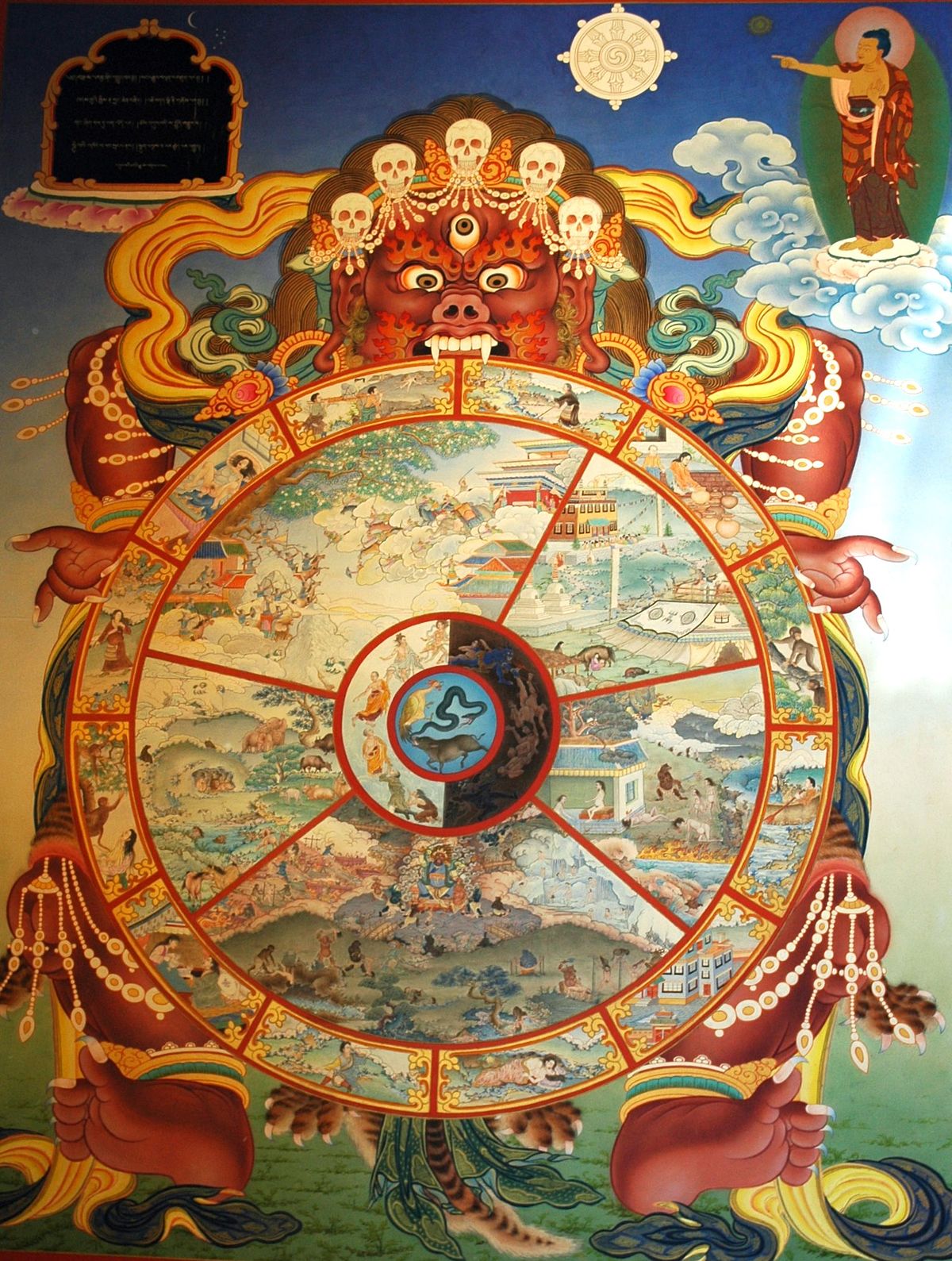Own Faults – In Gita Verse 18.48 Every endeavour is covered by some fault, just as fire is covered by smoke. Therefore one should not give up the work born of his nature, O son of Kuntī, even if such work is full of fault.
In Bhagavad Gita Verse 18.48, Krishna emphasises that every endeavour is inherently flawed, much like fire is always accompanied by smoke. Therefore, O son of Kunti, one should not abandon natural action even if it is flawed. Even if you sometimes feel that this action is flawed, do not abandon it. This teaching underscores the reality that all actions, no matter how noble, are accompanied by some form of defect or imperfection.
This principle is crucial to understand. If you go searching for a faultless task, you will find that such a pursuit is futile. Every action, no matter how well-intentioned, carries some degree of imperfection. This is an inherent part of the human condition. Even the act of searching for faults is not without its own flaws. For instance, the very act of breathing involves a form of violence, as it causes microscopic organisms to perish. Therefore, what will you do?
Krishna advises that even if you are born into a situation where your work seems inherently sinful, such as being born in a butcher’s family, you should not panic. Consider this as God’s will and perform your duties without taking the responsibility upon yourself. Do not become a doer; rather, see yourself as an instrument through which divine will is executed. By relinquishing the sense of personal doership, you free yourself from the binding effects of karma.
It’s a misconception to think that one can find a completely virtuous deed that is devoid of sin. In reality, no such karma exists. Every action, no matter how small, involves some form of harm or sin. Moving a hand, breathing, walking – each of these actions inadvertently causes harm to other living beings. If you start shrinking from all actions due to the fear of committing sin, life would become an insurmountable dilemma.
Historical figures like Mahavir took extreme measures to avoid committing sin, such as not changing sides while sleeping to avoid harming insects, or remaining silent for years to prevent killing germs through speech. While these actions stem from a noble intent, they also illustrate the extreme difficulty of living a life completely free from sin. Despite these measures, violence and harm continue to occur, as they are inherent in the very act of living.
Therefore, the solution is not to avoid action but to change one’s attitude towards action. One should not see oneself as the doer; rather, consider yourself a messenger or an instrument of a higher power. Just as a postman is not responsible for the content of the letters he delivers, you should not feel personally responsible for the inherent flaws in your actions. By adopting this mindset, you free yourself from the karmic consequences of your deeds.
Krishna’s emphasis is on giving up the sense of personal doership, not on abandoning action. No matter where you go, karma will follow you. Therefore, it is futile to try to escape it. Instead, focus on performing your natural duties without attachment to the outcomes.
If you truly seek transformation, you should overlook the faults of others, as it is not your business to interfere. However, do not overlook your own faults, as they need to be addressed and overcome. This raises an important question: Why is it so easy to see the faults in others but so difficult to see our own?
The answer lies in our orientation. We are naturally inclined to focus on others rather than ourselves. Even to see ourselves, we need a mirror, which essentially creates an image of the ‘other.’ This extroverted nature makes it challenging to recognise our own faults. However, the moment you start seeing your faults, they begin to disappear like dry leaves falling from a tree. Awareness is the key to this transformation.
Unconsciousness allows us to continue committing the same errors. Even if you try to change without true awareness, you will end up substituting one error for another. True change comes from within, through a deep awareness of one’s own faults. This awareness is enough to make them disappear.
Throughout history, enlightened beings have emphasised the importance of awareness over character. Character is often taught by society to impose certain moral standards, but awareness is about understanding oneself deeply. This inward journey releases consciousness, which dispels the darkness of ignorance and faults.
Therefore, it is important not to be overly concerned with errors, mistakes, or faults. Instead, focus your energy on a singular objective: becoming more conscious and awakened. By dedicating your efforts entirely to this pursuit, it will inevitably come to fruition, as it is your inherent right. Understanding this principle will illuminate the wisdom in Krishna’s words: “Therefore one should not give up the work born of his nature, O son of Kunti, even if such work is full of fault.”
Tags: Own Faults





